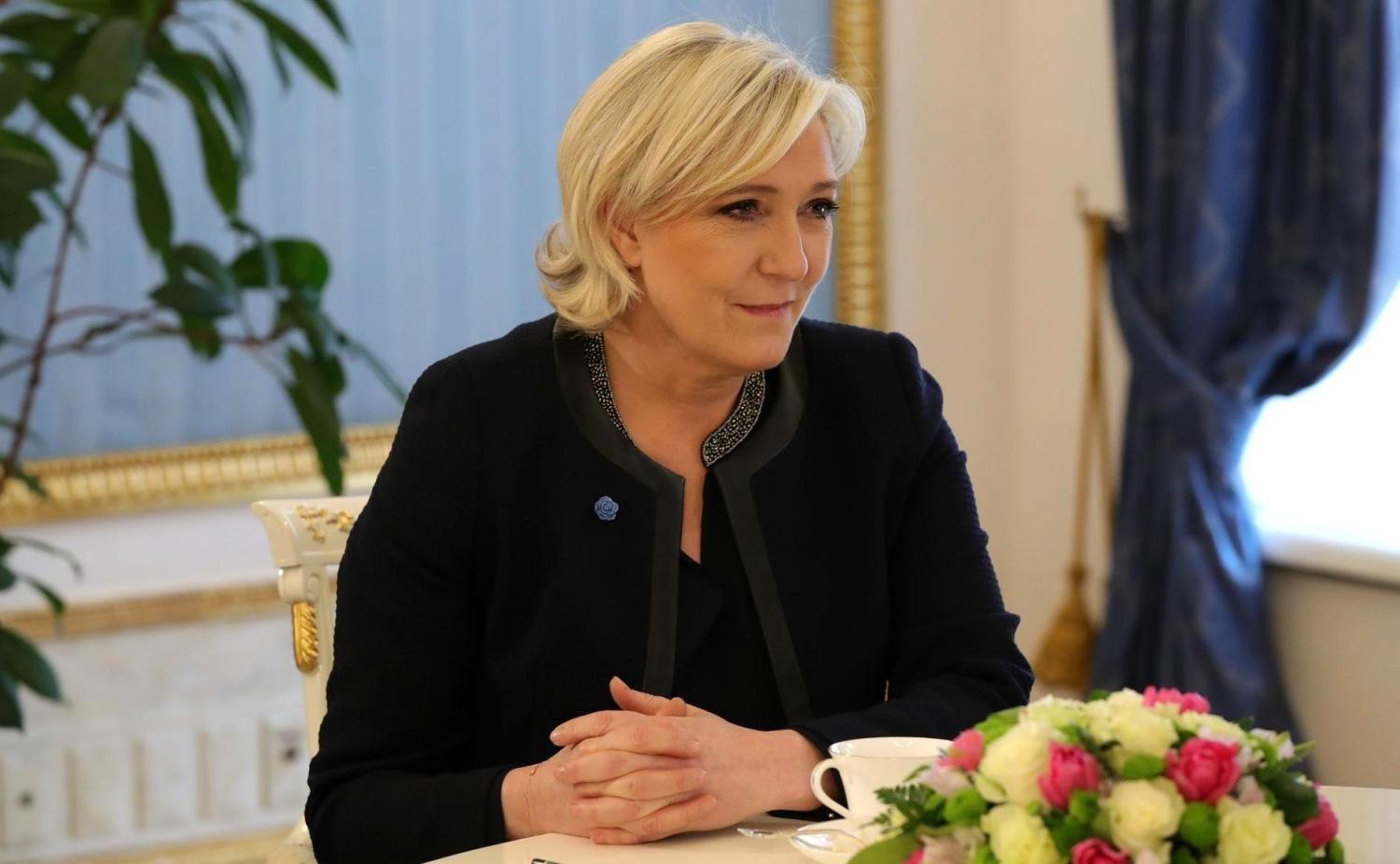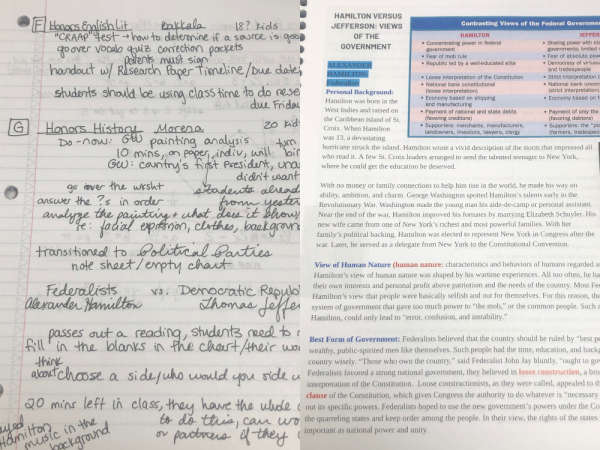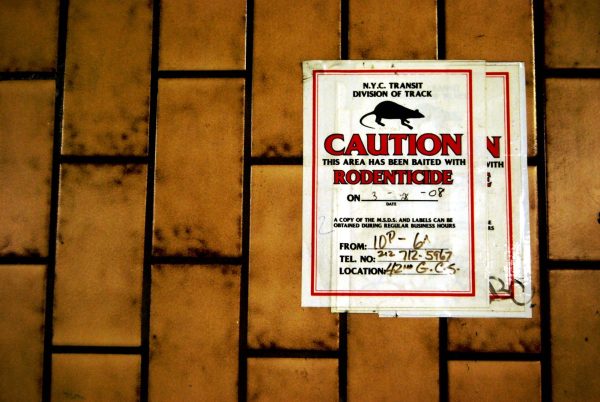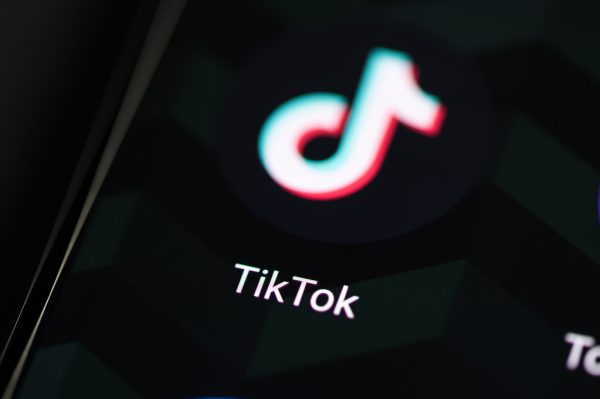French presidential race is a referendum on the future
Google image/Creative Commons license
Marine Le Pen, with her nationalist rhetoric, echoes the campaign ideas of President Donald Trump.
The first round of the French presidential election ended last week and two very different candidates emerged as finalists as citizens prepare to head to the polls Sunday to elect their new leader. Nationalist Marine Le Pen and liberal centrist Emmanuel Macron are revolutionizing French politics and, no matter who wins, France is facing a different and perhaps uncertain future.
Ms. Le Pen has an extensive political background and is most notably the former president of the National Front, the far-right party of France. True to her party’s ideals, her policies are conservative and have a definitive “France first” focus.
Mr. Macron, on the other hand, has very limited political experience. He is 39 years old, which, if elected, would make him France’s youngest-ever president. He campaigned with a non-party approach and a movement called En Marche! (On the move), which has rapidly gained support.
Despite their differences in political style, the most surprising thing remains that neither candidate represents either of the traditional two parties in France. The Socialist and Republican parties have dominated the French political sphere for decades but now find themselves on the margins.
This reflects the public’s dissatisfaction with current politics. Much like last year’s presidential election in the United States and the “Brexit” vote in the United Kingdom, the French people, after last week’s results, are certainly indicating desire for radical change.
They are certain to get it, but the direction will depend on the winning candidate. Ms. Le Pen’s policies vary from Mr. Macron’s in all aspects: political, economic, international, and social.
Perhaps the most extreme economic change that Ms. Le Pen hopes to bring about is the restoration of the franc for domestic use. This does not, however, mean that she is denouncing the euro.
“The objective is to transform the euro ‘single currency’ into a euro ‘common currency’,” Ms. Le Pen stated.
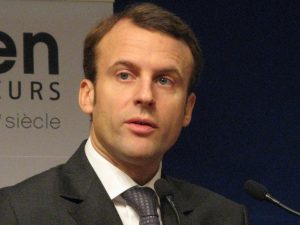
If elected, Emmanuel Macron would be the youngest president in France’s history.
Another pressing issue, which also has troubled the world at large, is immigration. Mr. Macron takes a much more accepting stance on the subject, promising only to create an EU border patrol force of 5,000 agents and to make fluency in French a main requirement for obtaining French citizenship.
Ms. Le Pen’s position is much harsher. She intends to suspend all immigration, implement better border control, and then limit legal immigration to 10,000 a year. As for illegal immigration, she has made her stance on that quite clear.
“[They] have no reason to stay in France,” she said. “These people broke the law the minute they set foot on French soil.”
Ms. Le Pen has also pledged to automatically deport all foreigners with Islamist links, a promise that is eerily reminiscent of President Donald Trump’s campaign pledges.
Another echo of Mr. Trump’s campaign comes in the form of nativism. Ms. Le Pen intends on prioritizing the needs of French citizens before those of foreigners. Much like Mr. Trump’s promise to keep American jobs in America, Ms. Le Pen also wants to focus on giving French jobs, housing, and education to French citizens first.
Lastly, if Ms. Le Pen wins, it appears that Europe will once again witness a referendum to exit the EU. As president, Ms. Le Pen wants to hold a “Frexit” vote, and hopefully follow in the footsteps of the UK in leaving the EU, which would be devastating for the union.
She described the Brexit vote as “the most important event since the fall of the Berlin Wall.”
“Through this vote, Britain has begun to bring down what I have called ‘the Brussels Wall,’ a wall that is closing people within it and that is imposing policies on them that they don’t want,” she elaborated in an interview with the BBC.
Regardless of the outcome of the election, there is no doubt it will have worldwide impact.
Europeans dedicated to the preservation of the EU are extremely wary of Ms. Le Pen, since there is debate the bloc could survive without both the UK and France. It would place an incredible burden on Germany, which has the largest economy on the continent.
The world is waiting and watching, as two polarizing candidates square off in the kind of race that Americans remember all too well.
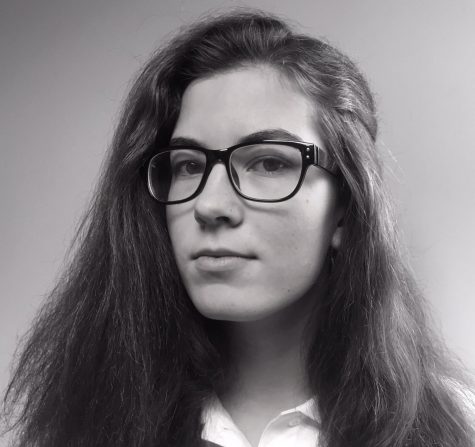
Kate is a junior. She loves writing and has done lots of it, especially short stories
and poetry in both Russian and English. She looks up to many...

